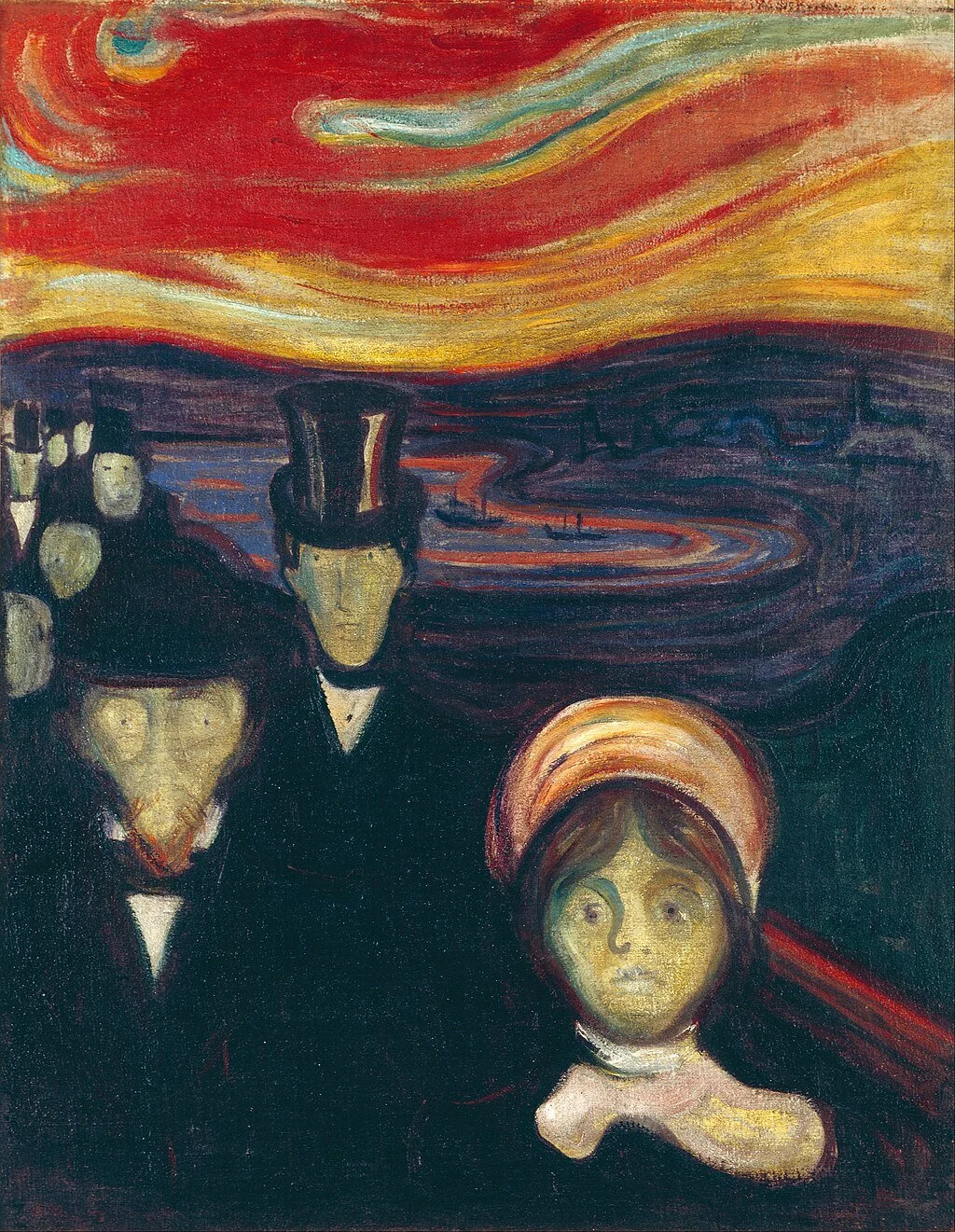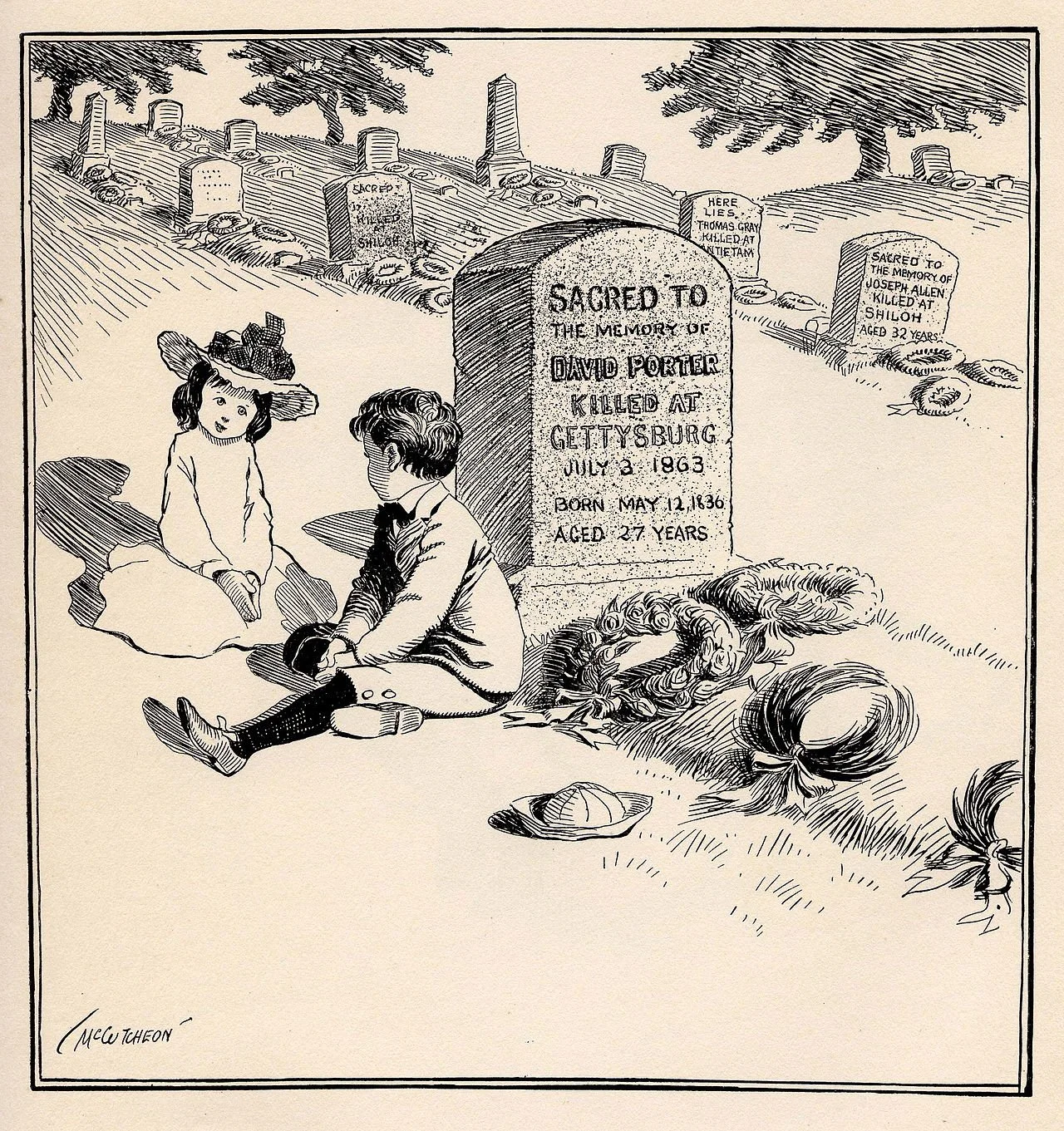To members and friends of the Providence Committee on Foreign Relations (thepcfr.org; pcfremail@gmail.com):
Herewith is part of the PCFR’s annual Summer Letter. Please note that there are a few updates below.
We are heading into our 89th season, which is a pretty impressive number.
One of our members says that the PCFR dinner meetings are “the best party in town.’’ That’s a competitive field, of course, but we think that we can accurately say that attendees have a very good time, while learning a bit more about the world.
Our 2015-2016 season speakers included:
Evan Matthews, director of the Port of Davisville, on international shipping changes, particularly in the context of the expansion of the Panama Canal.
Greg Lindsay, writer, futurist and expert on cities around the world and their relationship to airports.
Hedrick Smith, PBS documentary maker, former star foreign correspondent.
David Alward, Canadian general consul.
Allan Cytryn, international cybersecurity expert.
Andrew Michta, U.S, Naval War College expert on Russia and NATO.
Rima Salah, High U.N. humanitarian-relief official.
Eduardo Mestre, Cuban-American civic leader and international banker.
Paul Glader, author, former Wall Street Journal foreign correspondent and expert on Germany.
Scott Shane, New York Times correspondent, book author and expert on terrorism.
Mark Blyth, our first speaker, whom some of you have heard on NPR commenting on Brexit, will talk on Wednesday, Sept. 14, about Europe after Brexit.
Mark Blyth is Eastman Professor of Political Economy andProfessor of Political Science and International and Public Affairs at Brown.
He is an internationally celebrated political economist whose research focuses upon how uncertainty and randomness affect complex systems, particularly economic systems, and why people continue to believe stupid economic ideas despite buckets of evidence to the contrary. He is the author of several books, including Great Transformations: Economic Ideas and Institutional Change in the Twentieth Century (Cambridge: Cambridge University Press 2002, Austerity: The History of a Dangerous Idea (Oxford University Press 2013, and The Future of the Euro (with Matthias Matthijs) (Oxford University Press 2015).
Coming fast after that will be:
Prof. Morris Rossabi, probably the world’s greatest expert on Central Asia and particularly Mongolia: a democracy stuck between the police states of Russia and China, Sept. 21. How does this faraway country do it? He’ll be speaking to us soon after returning from Mongolia and other points in Asia.
Then:
Former U.S. Ambassador to Slovakia Tod Sedgwick, on thetense situation in Central Europe, Oct. 5.
Meanwhile, the World Affairs Council of Rhode Island and the PCFR are preparing a forum for Oct. 20 at the Hope Club on the foreign-policy visions and challenges of the U.S. presidential candidates. Stay tuned.
Naval War College Prof. James Holmes on the geopolitics of global warming, Nov. 15.
German General Consul Ralf Horlemann on the role of Germany in an E.U. without the U.K and with an aggressive Russia pressing in from the east, Dec. 14.
International epidemiologist Rand Stoneburner, M.D., on Zika and other burgeoning threats to world health, Jan. 18.
Indian Admiral Nirmal Verma, on military and geopolitical issues in South and Southeast Asia, Feb. 15.
Dr. Stephen Coen, director of the Mystic Aquarium, on the condition of the oceans, March 8.
Brazilian political economist and commentator Evodio Kaltenecker on April 5 to talk about the crises facing that huge nation.
James E. Griffin, an expert on ocean fishing and other aspects of the global food sector, will speak to us on Wednesday, May 17.
Joining us on Wednesday, June 14, will be Laura Freid, CEO of the Silk Road Project, founded and chaired by famed cellist Yo-Yo Ma in 1998, promoting collaboration among artists and institutions and studying the ebb and flow of ideas across nations and time. The project was first inspired by the cultural traditions of the historical Silk Road.
Meanwhile, we’re trying to keep some flexibility to respond to events. Everything in human affairs is tentative. ”We make plans and God laughs….’’
We are talking with our friend Michael Soussan to come to speak about the U.N., diplomacy, Iraq and his book Backstabbing for Beginners, now being made into a major movie and with an international travel expert (to give us business- and pleasure-travel advice) in world that sometimes seems to be imploding.
Suggestions and contacts are always appreciated!














